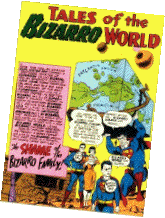|
I love the Internet, both because I remember its promise in the early days, and because today I'm as addicted to it as anyone is. It's true that the Internet had the ability to subvert power structures, but that was before the power structures embraced the Internet, and learned how to control it. We're now, unfortunately, on the other side of that hump. People point to the revolutions of the Arab Spring and the role that the Internet played in helping organize the protests. 1. That was then. Whatever power there was in organizing via Internet, is now fully understood by your adversaries. They have defenses in place to keep the Internet from toppling them. And in some cases, they are using the Internet to disorganize the organizers. How do I know? Because they can. And I've read history. And the consultants they hire are every bit as smart as I am, probably in some cases, quite a bit smarter. 2. The biggest mistake they made in Egypt was to turn the Internet off. When they did, people had no choice but to get out of their homes, and onto the street. They could no longer find out what was "going on" simply by staying at home. Which is exactly where the government wants them if their goal is to keep a revolution supressed. So if you want to create change, in 2011 and beyond, at least some of your time is going to have to be spent off the grid. Then your conversations can't be recorded and preserved and used against you in a court of law. Either that, or do it all out in the open, so everyone knows that they're being watched, so there is no illusion of privacy. I'm not telling you to turn the Internet off. God knows I haven't been able to do that myself. But also don't delude yourself into thinking that tweeting and facebooking are revolutionary acts. They're about as revolutionary as watching CNN. |
 People who don't
People who don't